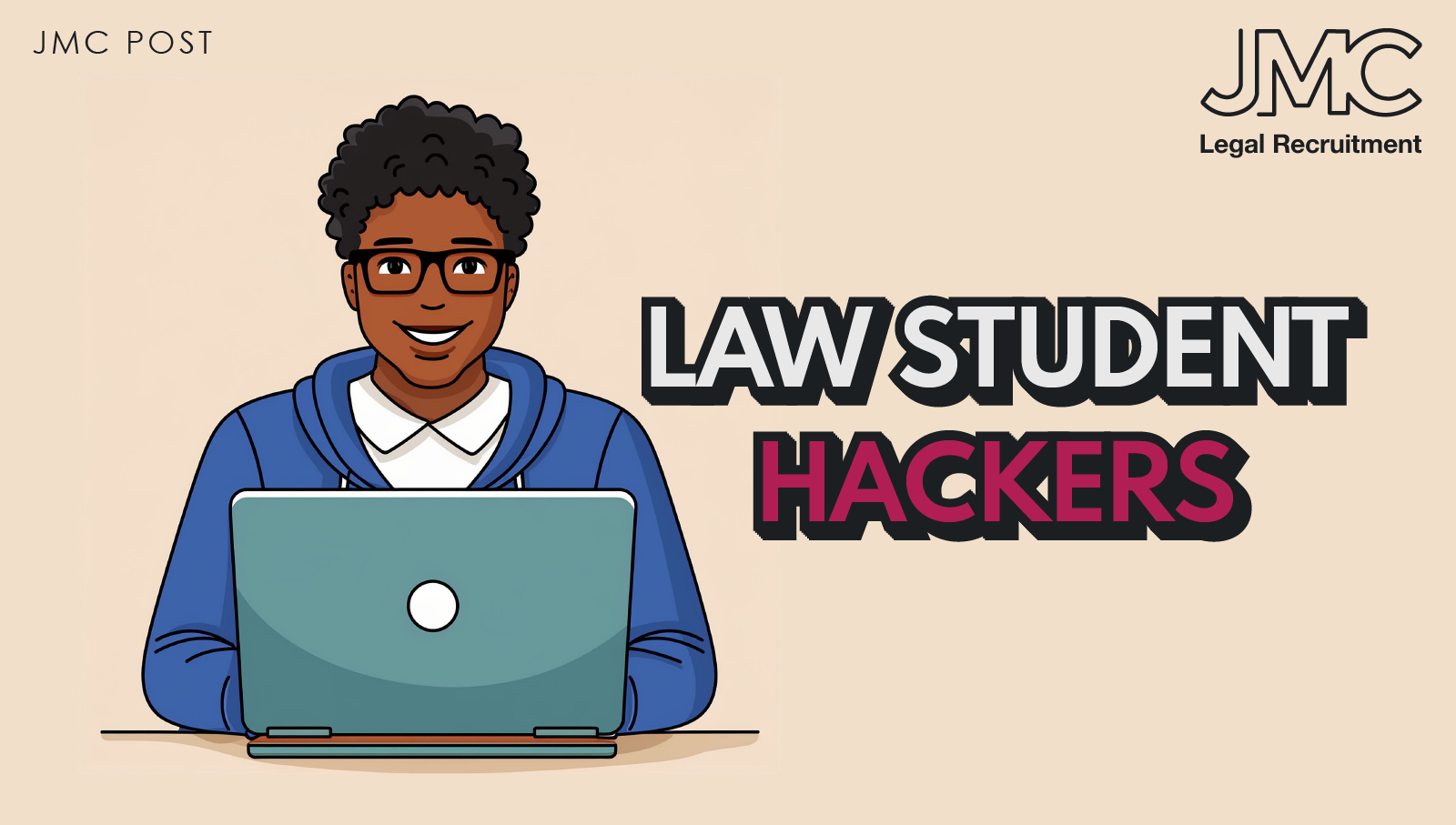
Unravelling the Legal Tape of Virtual Recordings
14 Nov, 20234 minutes
Unravelling the Legal Tape of Virtual Recordings 🔍
You may have seen in recent news, a director at an international firm was recently cleared of misconduct for gate-crashing a client call over Zoom. We wanted to interrogate the legalities and social etiquettes of virtual meetings. In this digital age, where personal and professional boundaries often blur during virtual meetings, it's crucial to navigate the legal complexities of Zoom recordings. Grab your virtual detective hats as we delve into the Zoom recording essentials. 🕵️♀️
Zoom may possibly be the world’s most popular online video meeting platform, boasting nearly 470,000 paying business customers and averaging 300 million users a day in meetings.
Have you ever wondered about the legal implications of recording a Zoom call without consent? Let's be clear – it can lead to a host of legal issues, especially in regions where "two-party consent" is the rule. But what data protection and privacy laws apply to your location? The EU's GDPR, for instance, imposes stringent rules on personal data.
In a professional setting, where sensitive business discussions are the norm, it's essential to respect privacy and security. Personal chats offer a bit more freedom, but a dash of openness never hurt anyone. Do you make it a point to obtain explicit consent from all parties involved? Even if a recording is legally permissible, respecting personal boundaries is crucial.
It's paramount to safeguard your Zoom recordings from unauthorised access and ensure they're used for their intended purpose. But how seriously do you take data security in your Zoom meetings? In 2020, hackers got their hands on 500,000 Zoom passwords, bought and sold on the dark web.
It really poses the question, both internally and at the mercy of internet hackers, are meetings ever 100% secure online?
Are you confident in your understanding of these considerations when it comes to virtual meetings? What systems do you have in place when it comes to confidential online meetings?



